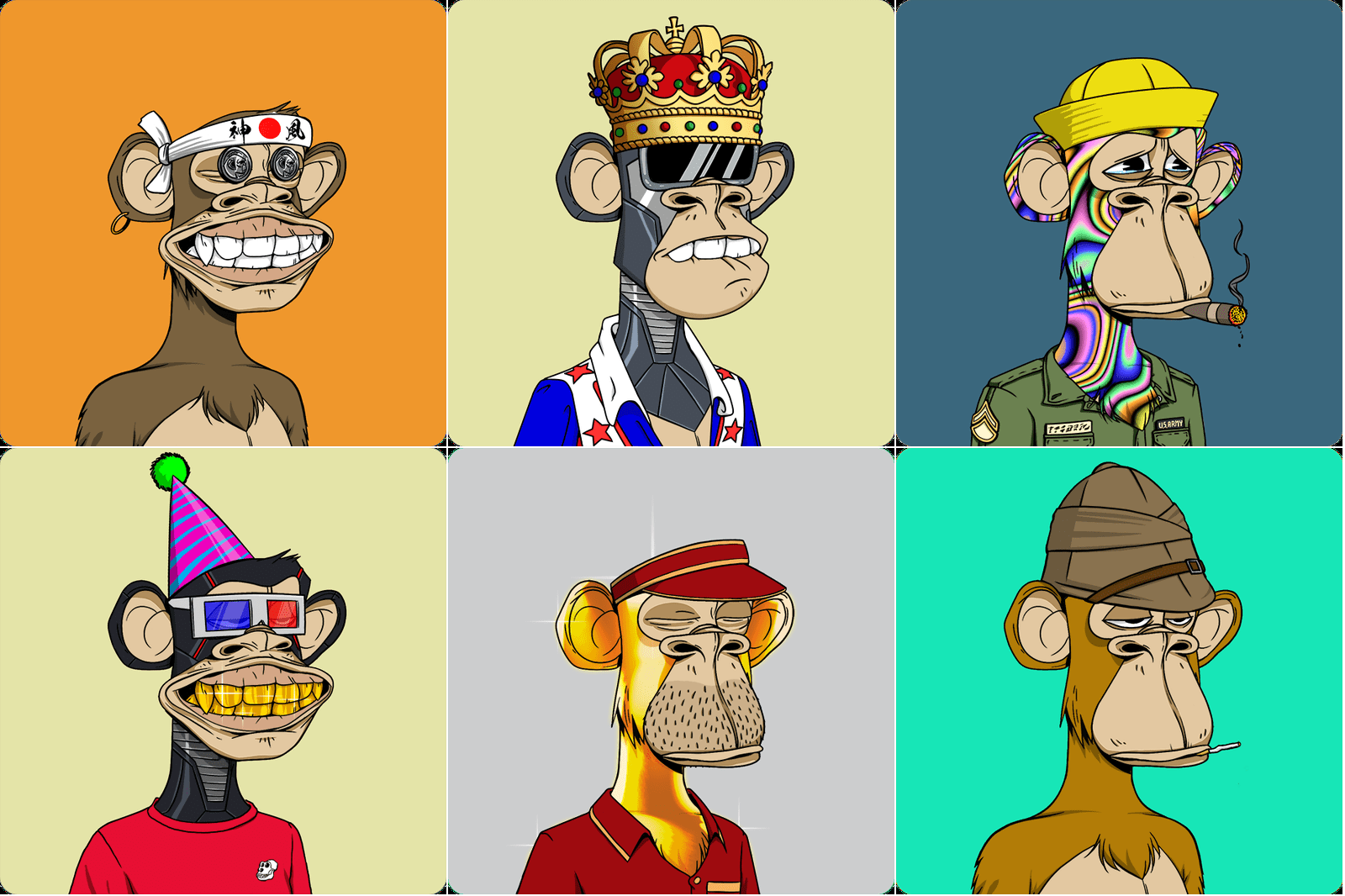In today's ever-evolving digital landscape, the study of cryptocurrencies and blockchains goes far beyond their financial implications.
In this 3-part series, we embark on a journey to discover how these cutting-edge technologies intersect with a range of school subjects, better preparing students for a new world of work.
In part 1 we covered the global subjects one typical associates with this technology: Economics, Business Studies, Politics, and Environmental Studies.
In part 2 we delved into the details of the technical subjects namely: Information Systems, Computer Science, and Mathematics
In part 3 (this article) we unpack the relation to the social and cultural subjects namely: History, Social Studies, and Communication, and Art and Design.
In this 3-part series, we embark on a journey to discover how these cutting-edge technologies intersect with a range of school subjects, better preparing students for a new world of work.
In part 1 we covered the global subjects one typical associates with this technology: Economics, Business Studies, Politics, and Environmental Studies.
In part 2 we delved into the details of the technical subjects namely: Information Systems, Computer Science, and Mathematics
In part 3 (this article) we unpack the relation to the social and cultural subjects namely: History, Social Studies, and Communication, and Art and Design.
3.1 - History
Exploring the history of cryptocurrencies and blockchains allows students to examine the evolution of financial systems and technological innovations. They can analyse the socio-political context of the emergence of cryptocurrencies, the impact of decentralised finance on traditional banking, and the historical significance of blockchain technology as a catalyst for digital transformation.
3.2 - Social Studies
Understanding this emerging technology allows students to explore the social and cultural dimensions of digital currencies and decentralised systems. They can analyse the potential for financial inclusion, the impact on social inequality, and the ethical considerations surrounding privacy and transparency.
3.3 - Communication
Studying cryptocurrencies and blockchains enhances students' communication skills by challenging them to articulate complex concepts in accessible language. They develop the ability to explain blockchain technology, discuss the implications of cryptocurrencies, and engage in meaningful debates about the social, economic, and technological aspects of this rapidly evolving field.
3.4 - Art and Design
Learning about cryptocurrencies and blockchains in the context of art and design opens up new avenues for creative expression and innovation. Students can explore the concept of digital art ownership and the potential for tokenization of artwork. They can also delve into the world of blockchain-based marketplaces and decentralised art platforms, understanding how these technologies disrupt traditional art distribution systems.
See part 2 - Technical subjects: Information Systems, Computer Science, and Mathematics.



